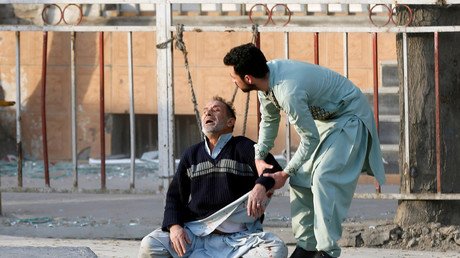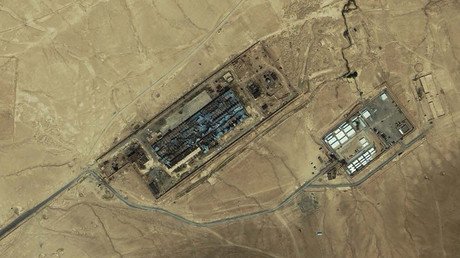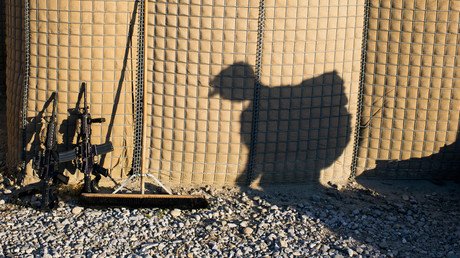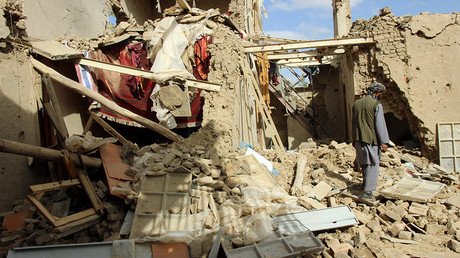‘Culture of impunity’ in Afghanistan: Why US is unlikely to face ICC for alleged war crimes
With the extensive presence of “warlords and human-rights abusers,” as well as a “culture of impunity” in Afghanistan, over a million victims of alleged war crimes may not receive ICC justice, analysts warn.
The International Criminal Court (ICC) opened up an investigation into the situation in Afghanistan last November and began collecting testimonies with the help of organizations working both in Europe and Afghanistan. Up to January 31, the ICC received 1.17 million allegations of abuses and atrocities at the hands of the Taliban, the Islamic State (IS, formerly ISIL/ISIS), Afghan security forces, warlords, the US-led coalition, as well as foreign and domestic intelligence agencies.
“The depth of the crimes in Afghanistan is very extensive,” Abdul Wadood Pedram, of the Kabul-based Human Rights and Eradication of Violence Organization, which helped to collect data for the inquiry, told RT. “Unfortunately, the Afghan law and justice organizations have not catered to these cases so far."
"The culture of impunity from law is expanding unfortunately in Afghanistan – the presence of warlords and human rights abusers is extensive right now ... and [the ICC] need to provide an answer to the demand of millions of people who are victims, and have suffered.”
Along with the war crimes committed by Taliban and IS militants, the ICC is also looking into alleged abuses committed by the US-led coalition, which deployed troops to the country in 2001.
A document filed by the ICC in November said there was “a reasonable basis to believe that members of the US armed forces and members of the CIA committed acts of torture, cruel treatment, outrages upon personal dignity, rape and sexual violence” against prisoners in Afghanistan.
“There are different kinds of war crimes that have happened in Afghanistan in the past 16-17 years,” Abdullah Haiwad, of the Afghanistan Naween Research and Studies Organization, told RT.
“Americans bombed villages, they bombed wedding parties and that’s one kind of crime. Another type of crime [occurs when] Afghan security forces enter villages and kill people, without identifying whether the people there are armed and against the government. They are just simple people living in the village.”
The ICC is the world’s first permanent court set up specifically to investigate and prosecute war crimes, crimes against humanity and genocide. In practice, however, it’s been dogged by charges of inefficiency, delayed justice and a bias against African countries. In Afghanistan, it is also limited in that it can only investigate war crimes committed after May 2003, when the Afghan government ratified the Rome Statute which established the court. Another problem is that any possible perpetrators from the United States, among the investigated parties, are likely to escape prosecution as the US itself has not ratified the Rome Statute.
“Now on the domestic side, the United States military code has a very strict and stringent and very long list of laws that military personnel, men and women, are subject-to and have to follow,” explained Jennifer Breedon, an attorney specializing in foreign policy.
“But in terms of international crimes that fall in the jurisdiction of the International Criminal Court, then the US cannot be held under their jurisdiction because the United States is not a signatory to the Rome statute … so in that case it would be less likely that they’d be brought to justice by members states or those that are aligned or fall under the jurisdiction of the ICC.”
If you like this story, share it with a friend!
















